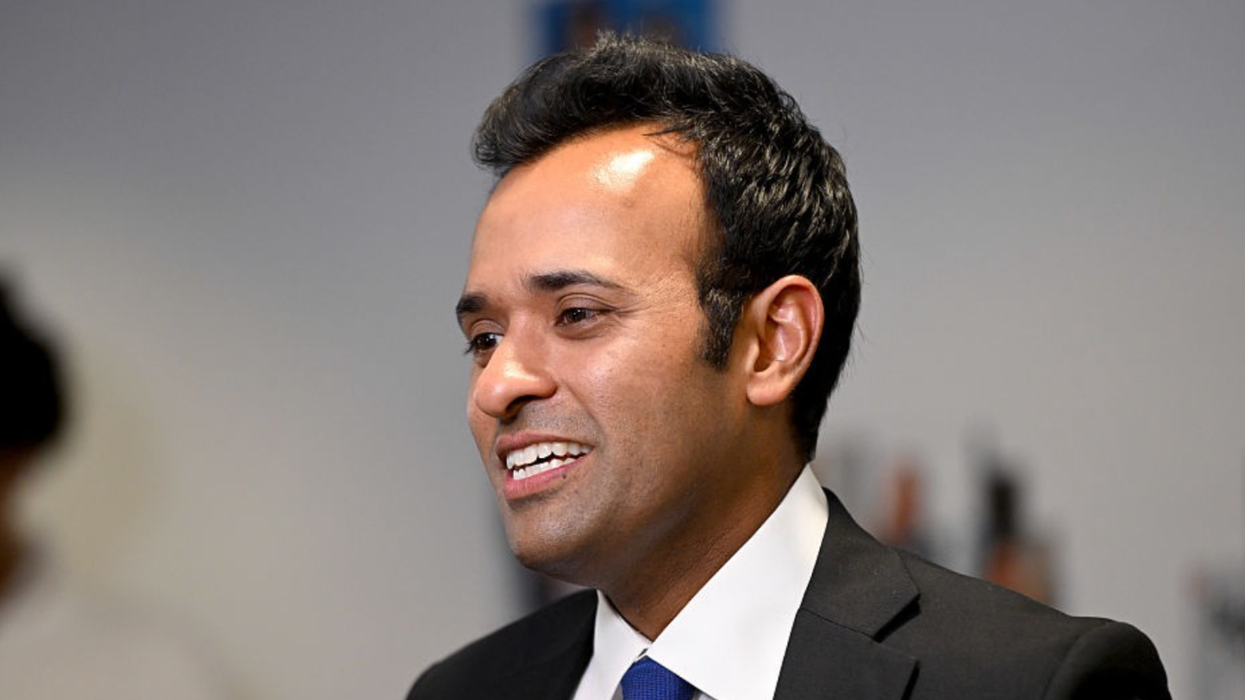Facebook tried to perform its own investigation into the now infamous data analytics company Cambridge Analytica, but was prevented from doing so by UK authorities.
Amidst the growing scandal surrounding the misuse of improperly obtained personal data from 50 million Facebook users, the social media giant sent a team of internal investigators to gather evidence inside the office of the UK-based analytics firm. Unfortunately for Facebook, however, the Information Commissioner's office showed up and immediately shut down the operation. The ICO, which acts as the United Kingdom's data regulator, said that Facebook's actions could "potentially compromise a regulatory investigation." The ICO is currently in the process of obtaining a warrant for a proper investigation.
Carole Cadwalladr, an investigative journalist with The Guardian, live-tweeted the incident as the drama unfolded.
Following its failed attempt at taking the law into its own hands, Facebook released a statement confirming that it did, in fact, hire a team of "independent forensic auditors" to scour through Cambridge Analytica's property. "At the request of the UK Information Commissioner's Office, which has announced it is pursuing a warrant to conduct its own on-site investigation, the Stroz Friedberg auditors stood down," Facebook said. In its statement, Facebook also claimed that Cambridge Analytica had previously agreed to give "complete access to their servers and systems."
Naturally, Facebook's plot to perform a private investigation raises major conflict of interest issues, not the least of which is what Facebook would do with coming across potentially damning evidence.
Last week, the New York Times and the Guardian-owned Observer reported that Cambridge Analytica had unlawfully exploited the personal data of 50 million Facebook users as part of their mission to get Donald Trump elected in 2016. Former Cambridge Analytica employee-turned-whistleblower Christopher Wylie detailed his role in the plan in a bombshell report in The Guardian on Saturday.
"He may have played a pivotal role in the momentous political upheavals of 2016. At the very least, he played a consequential role. At 24, he came up with an idea that led to the foundation of a company called Cambridge Analytica, a data analytics firm that went on to claim a major role in the Leave campaign for Britain's EU membership referendum, and later became a key figure in digital operations during Donald Trump's election campaign."
In addition to mounting bad publicity, Facebook is feeling a significant financial sting as the Cambridge Analytica scandal deepens. Its IPO shares have dropped seven percent, causing the companies stock valuation to plunge nearly $40 billion since the week began.
On Tuesday, Cambridge Analytica CEO Christopher Nix was terminated from his post as a result of the allegations. The firm claims it plans to launch an independent investigation and cooperate with authorities, but secretly recorded meetings between company executives and reporters disguised as potential clients show that Cambridge Analytica not only knew what they were doing, they used their ability to influence politicians and exploit personal data as their main sales pitch.

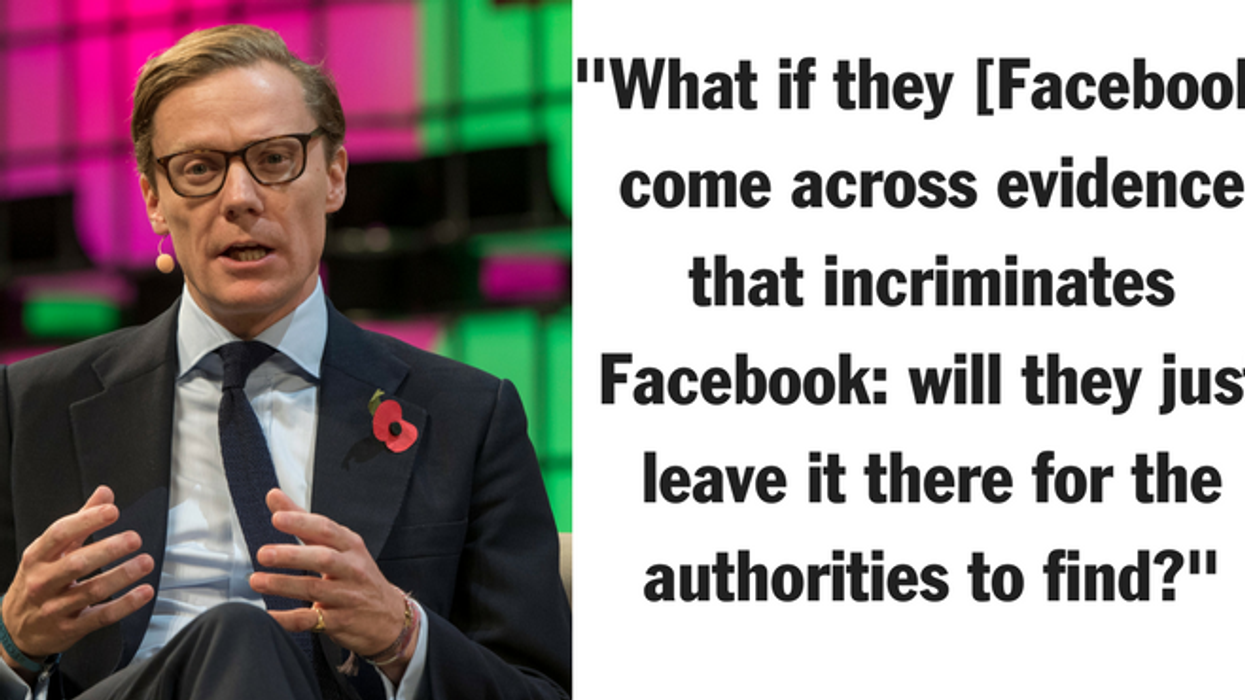

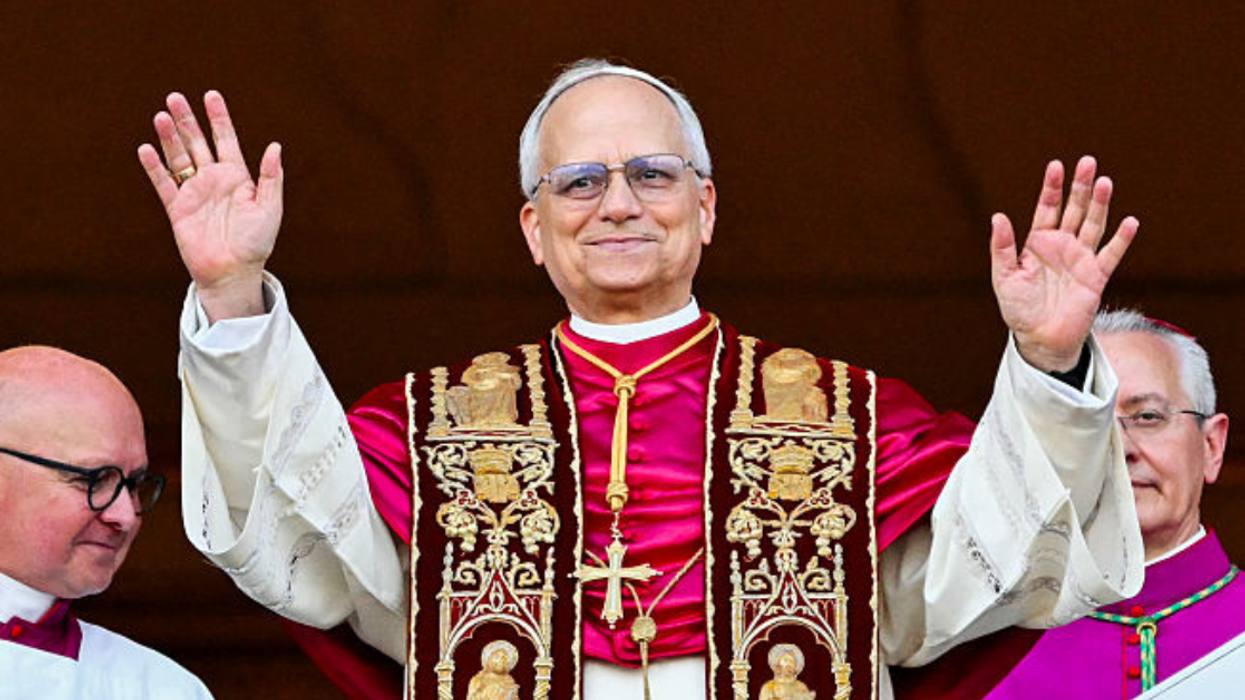
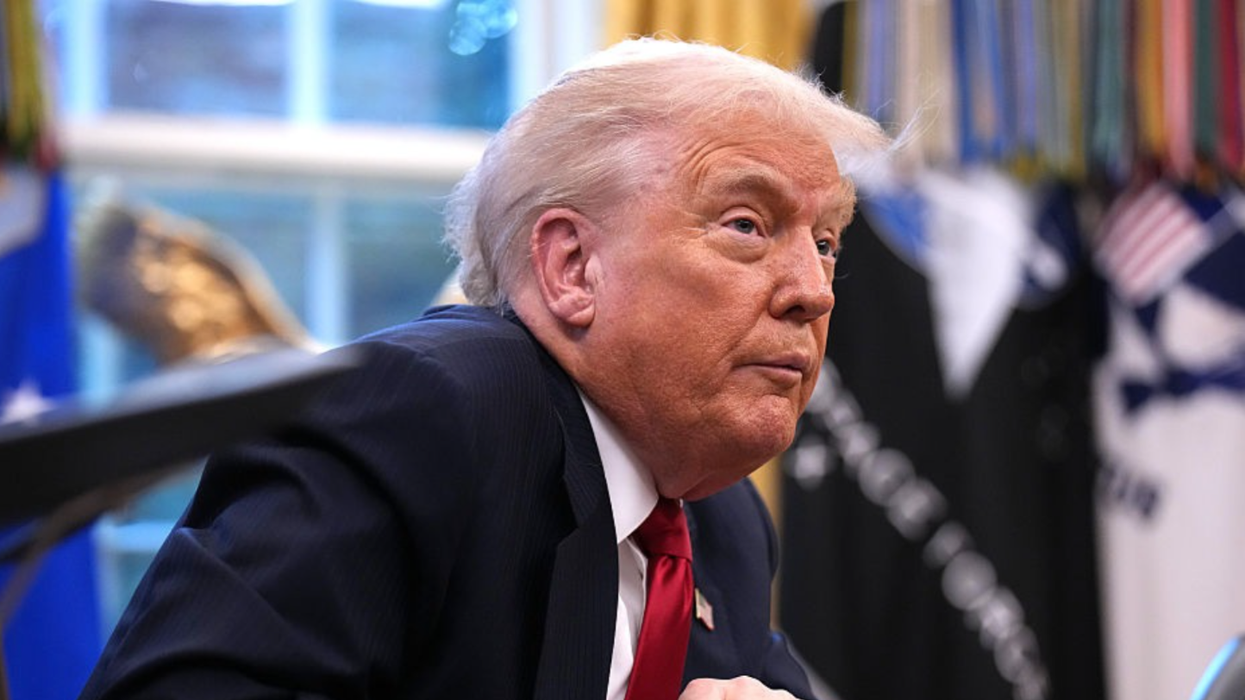

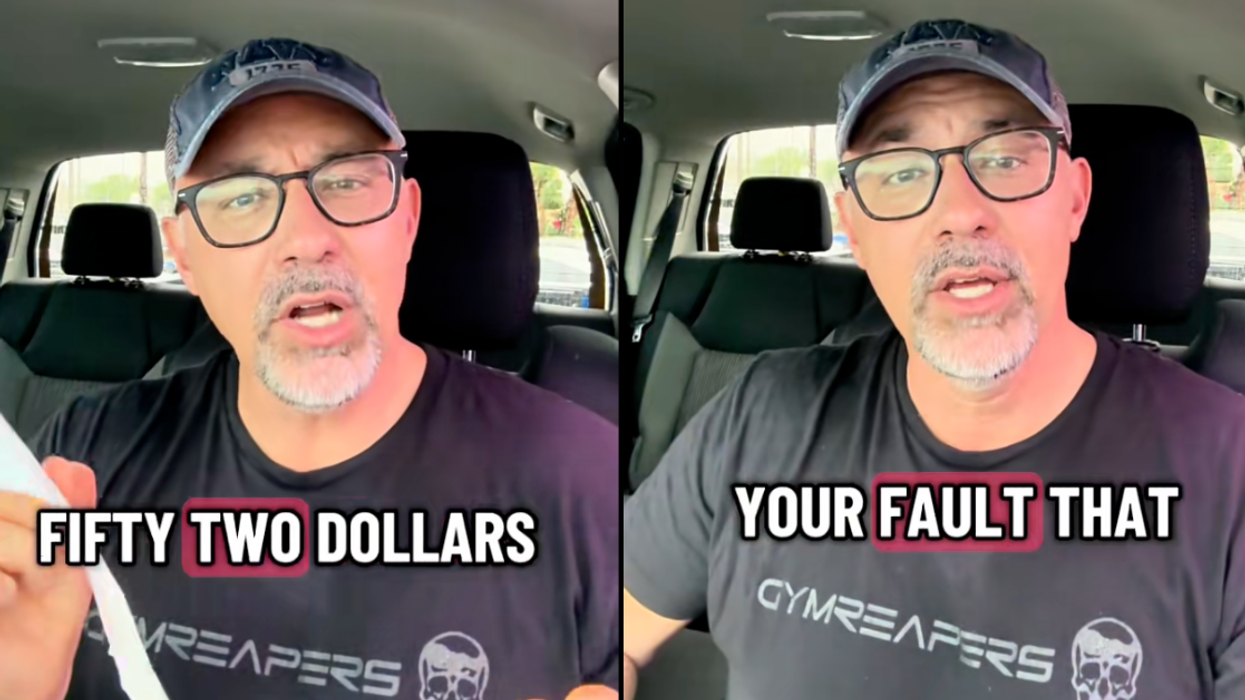
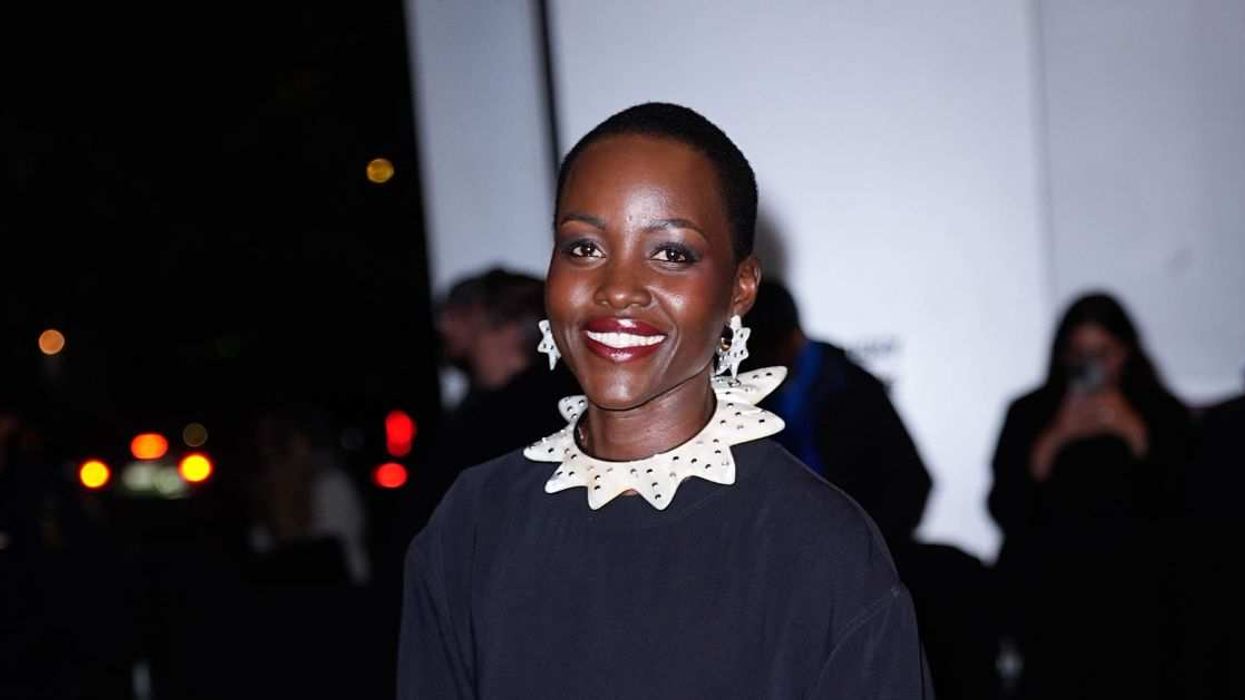

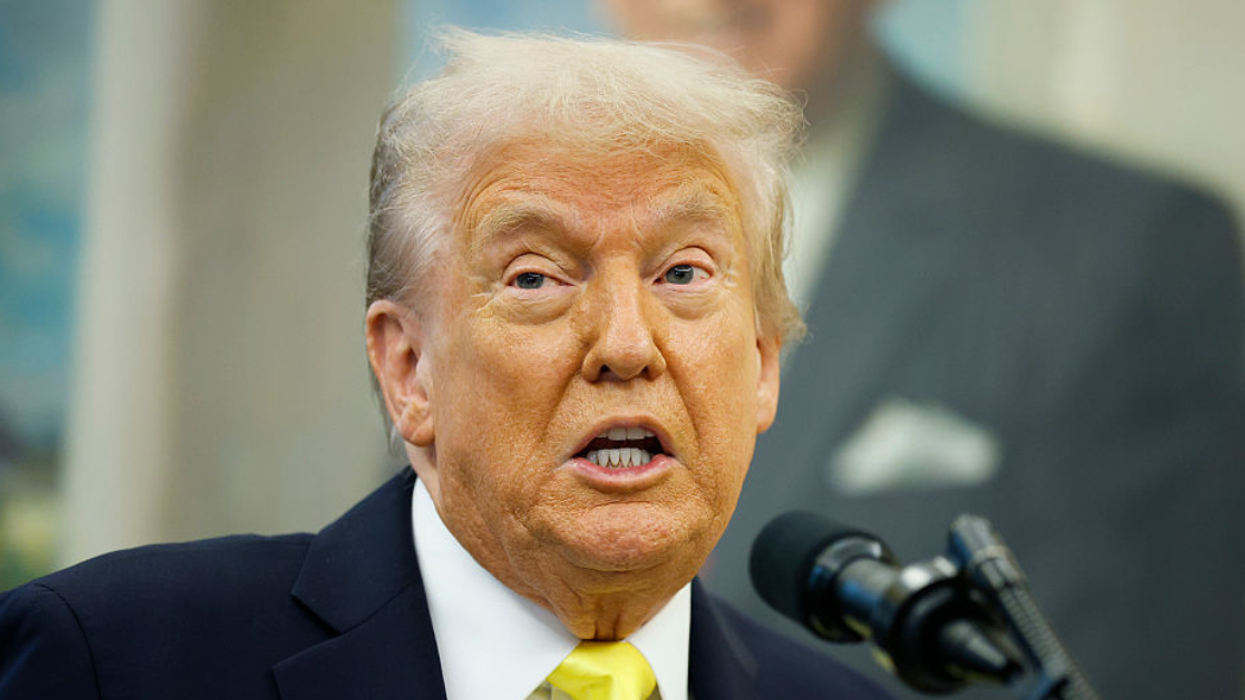



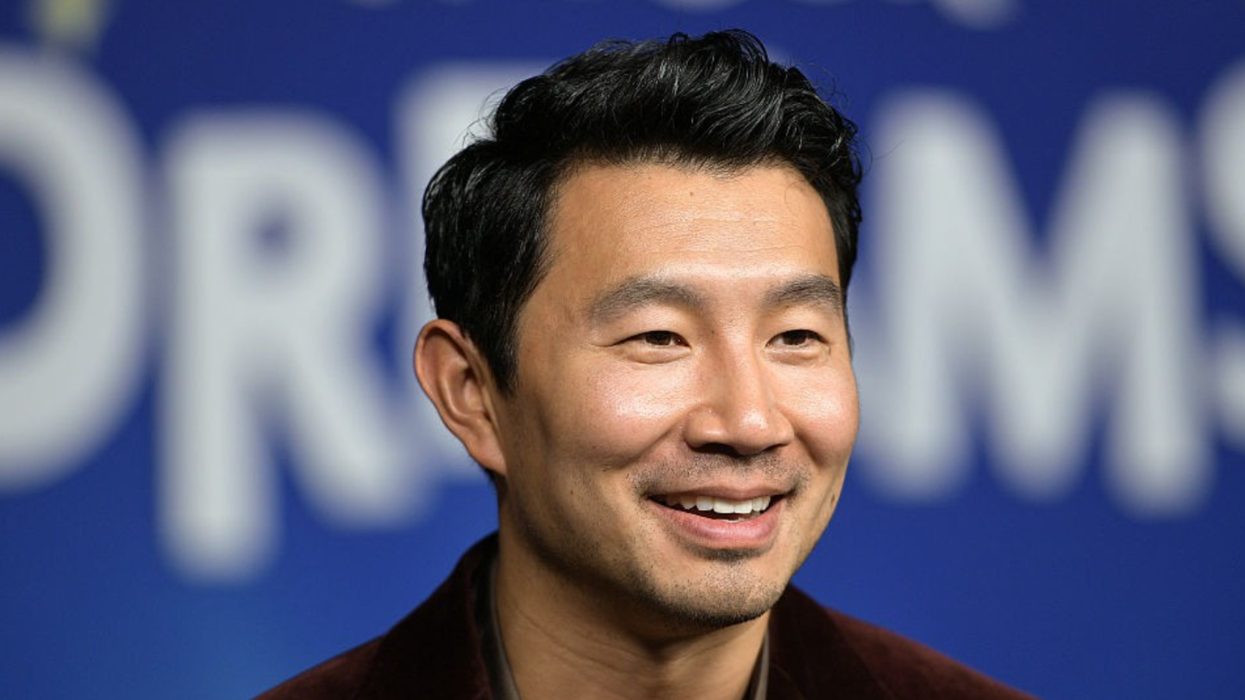
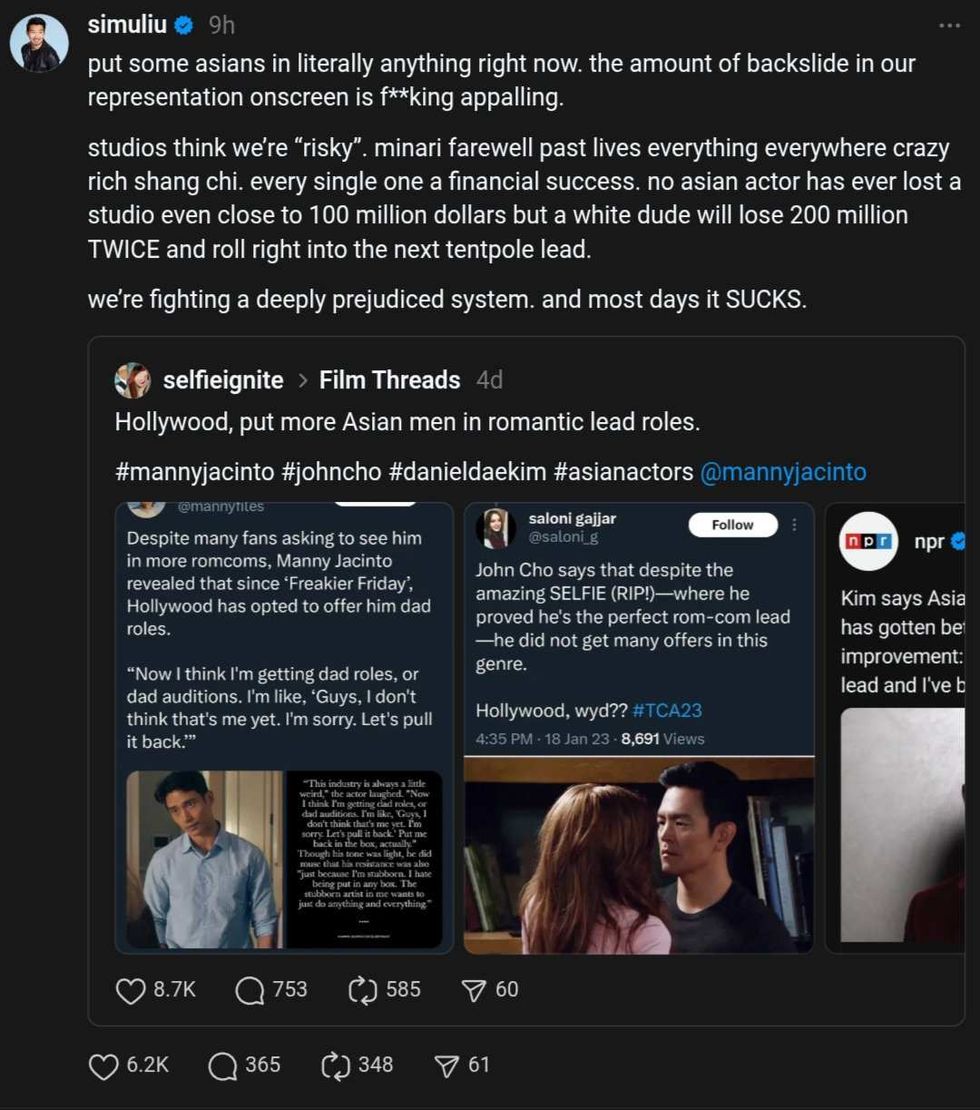 @simuliu/X
@simuliu/X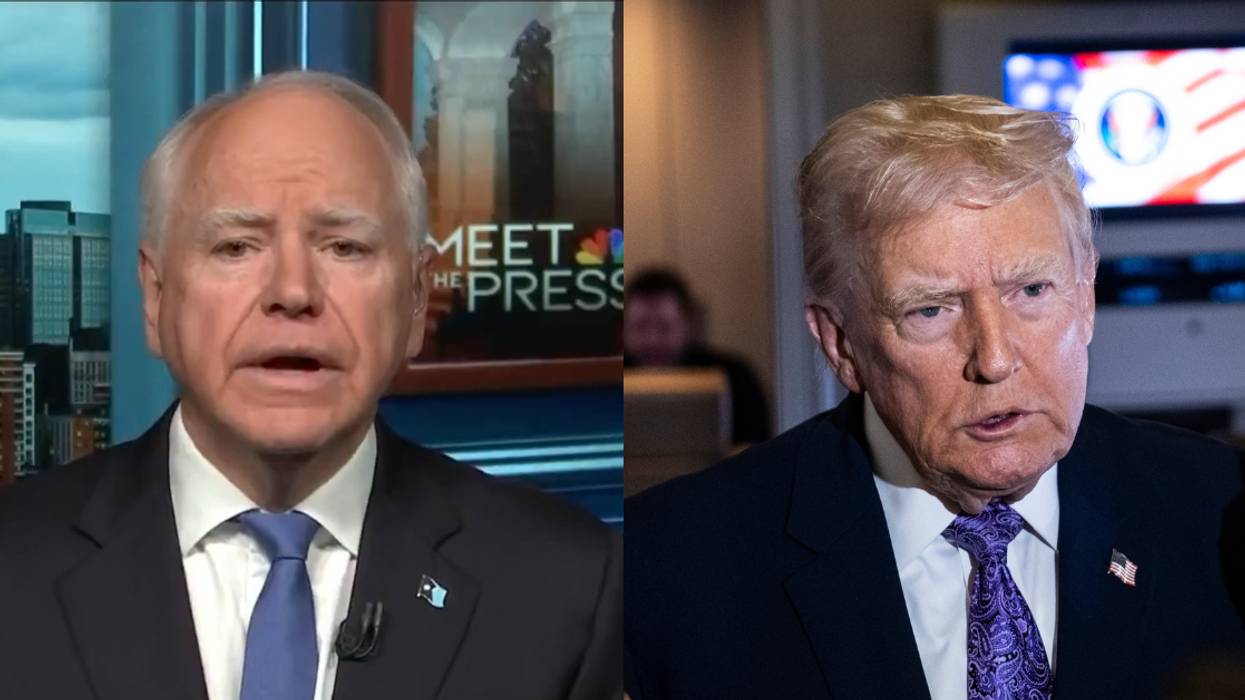

 @realDonaldTrump/Truth Social
@realDonaldTrump/Truth Social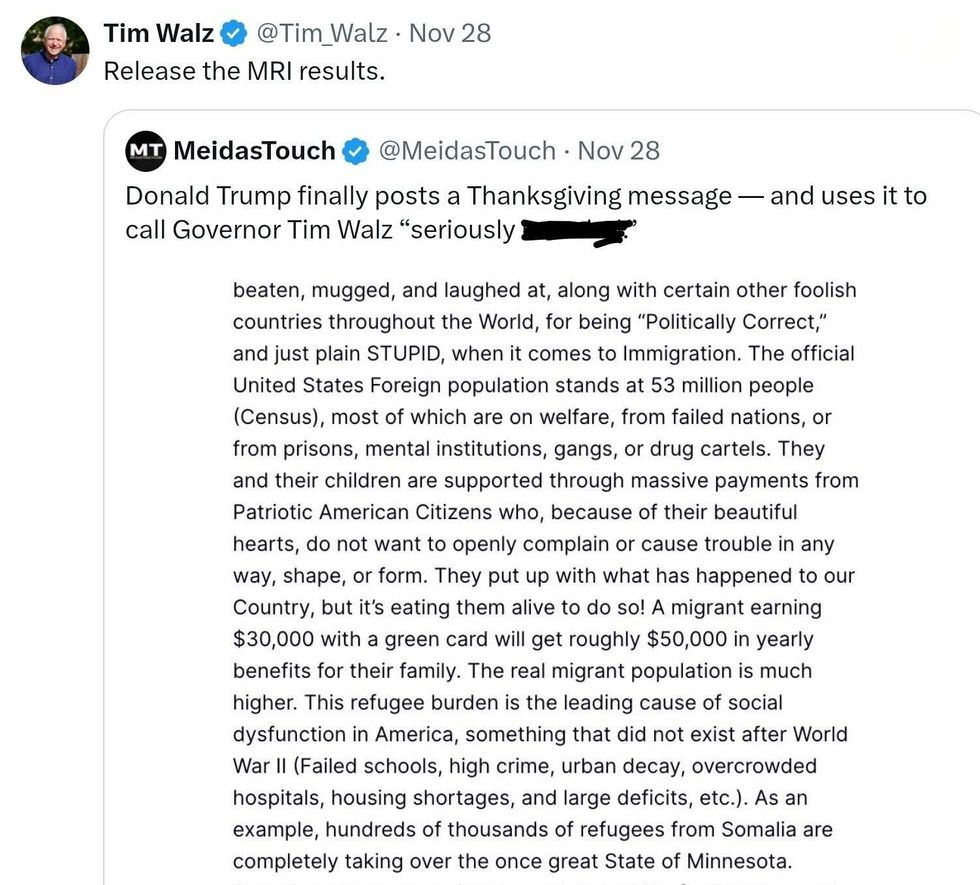 @Tim_Walz/X
@Tim_Walz/X